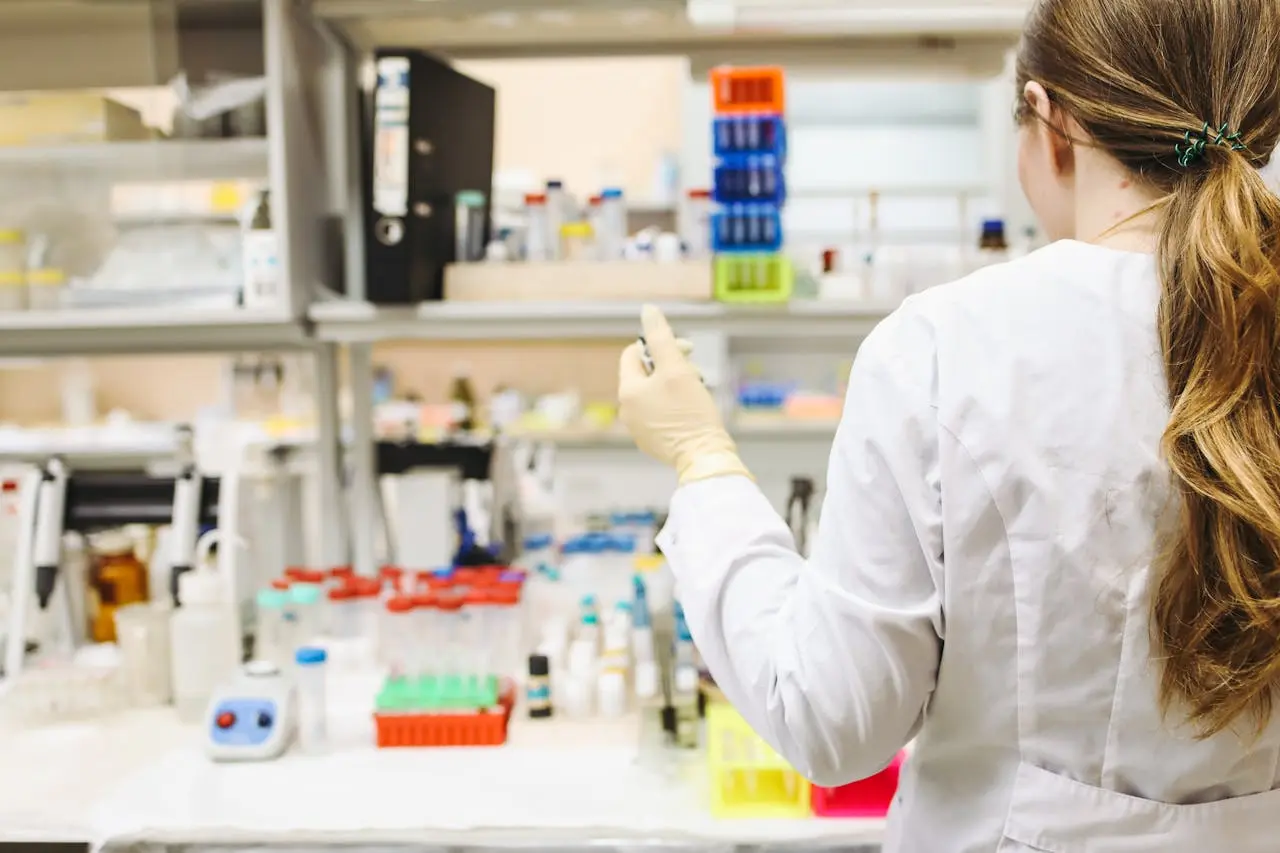
Embracing Communities of Innovation: Massachusetts
Our strategy to transform patients’ lives has always centered on building state-of-the-art research centers within communities that spark innovation.
Massachusetts stands as a global hub for life sciences, home to some of the brightest minds working to advance patient care. At Astellas, we are proud to contribute to this thriving ecosystem—where world-class academic institutions nurture top talent and drive groundbreaking research forward.
Building a Biotech Ecosystem
Massachusetts began to establish itself as a focal point for life sciences in the late 20th century, particularly during the 1980s and 1990s. The biotechnology boom catalyzed industry growth with many startups emerging from the region’s prestigious academic institutions.
The influx of venture capital investment in the 1990s further propelled Massachusetts into the spotlight, as investors sought to capitalize on the burgeoning biotech sector. The establishment of research parks and incubators, along with supportive state policies, created an environment conducive to collaboration between academia and industry. By the early 2000s, Massachusetts had solidified its reputation as a leading center for life sciences, particularly in biotechnology and pharmaceuticals.
Today Massachusetts stands as a premier biotech hub, renowned for its vibrant ecosystem that fosters innovation, collaboration and groundbreaking advancements in life sciences.
Making Our Massachusetts Mark
Recognizing the immense opportunities in Massachusetts, we established our presence in 2016 by opening the Astellas Institute for Regenerative Medicine (AIRM) in Westborough. AIRM focuses on researching and developing cell-based therapies, aiming to rejuvenate, regenerate and replace damaged tissues for conditions that may cause blindness.
One year ago, we further solidified our commitment to the community with the opening of the Astellas Life Sciences Center (ALSC) in Cambridge, also home to our first U.S.-based SakuLab™, a shared laboratory space for highly innovative external partners now part of our Innovation Lab (I-Lab) Research Unit. The I-Lab Unit at ALSC fosters collaboration and creativity to harness the best external to build portfolio strength beyond oncology, ophthalmology, and cell and gene therapy to power the next generation of breakthrough medicines. The ALSC is also home to one of our Oncology Research units which focuses on accelerating cutting-edge oncology technologies including targeted protein degradation – a novel treatment approach aimed at removing specific proteins from cells to unlock targets that have previously been considered ‘undruggable.’
Since joining the community in 2016, we have grown our Massachusetts workforce from 30 to nearly 700 employees representing research & development, business development, medical affairs, manufacturing and other key functions.
Innovation Through Collaboration
We believe that collaboration is essential for driving innovation. Massachusetts offers unparalleled opportunities for advancement. Through partnerships with leading biotechnology companies and institutions including Mass General Brigham, LabCentral and UMass Chan Medical School, we can propel research by integrating our drug discovery expertise with academic leadership. Our partnerships also reach beyond biotechs and academia to include organizations like MassBio and the Longwood Fund, enabling us to engage with leading innovators and researchers involved in groundbreaking work. This approach includes engaging with ambitious biotechnology startups and leveraging shared resources to create a vibrant ecosystem that supports patient-centric solutions.
By fostering strong relationships with local academic institutions and biotech innovators alike, we are poised to accelerate the discovery and development of breakthrough therapies.





